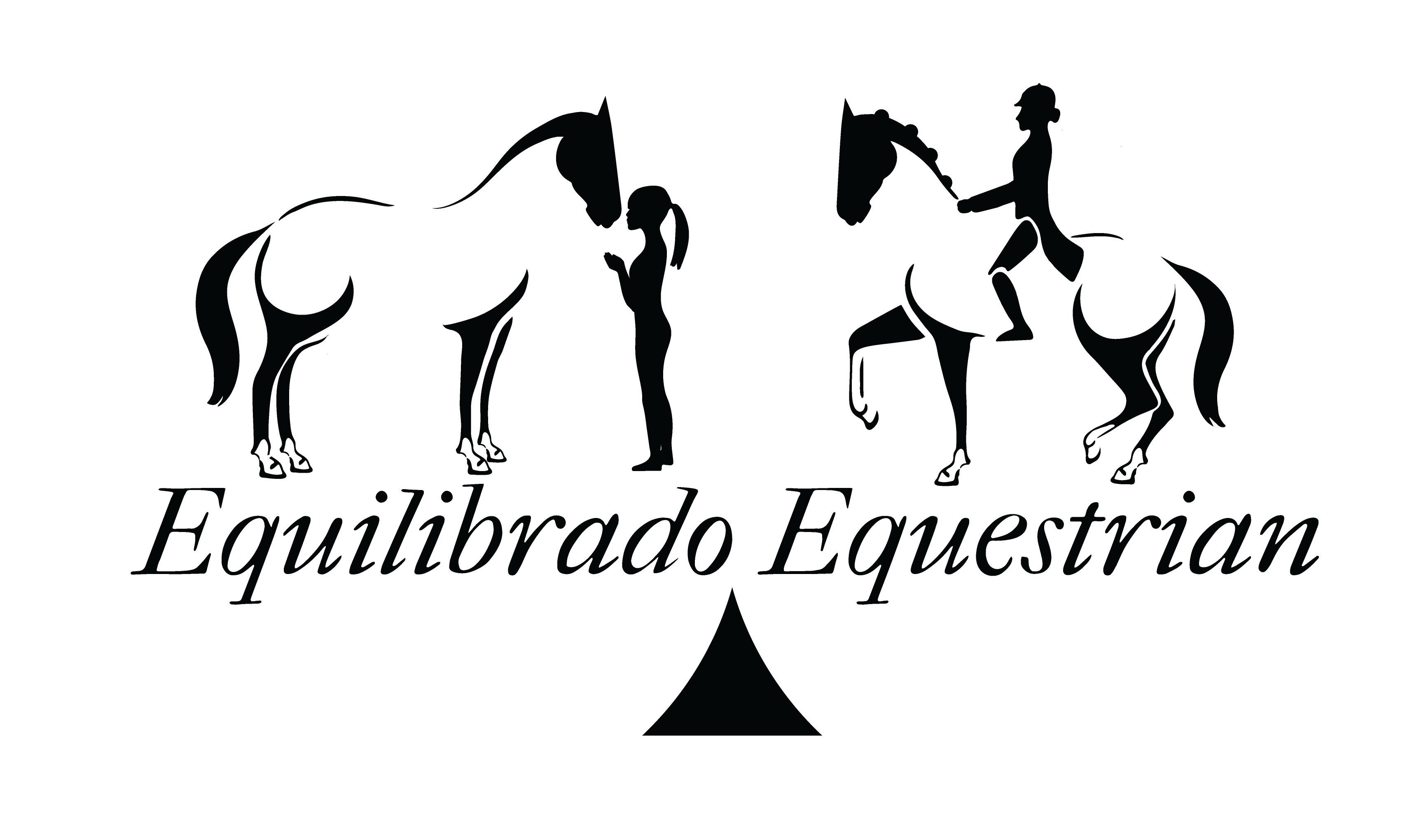Limitations of Beliefs
- Amberley Marsden
- Jun 15, 2025
- 4 min read
Are you unconsciously letting your beliefs limit your learning? I remember being a teenager and being completely convinced that what I believed was right. The ironic thing was, every couple of weeks, what I believed shifted – and yet I still believed that I was right! I stubbornly ignored the fact that if my beliefs kept changing, then what I believed wasn’t necessarily correct.

It took me many years to come to the understanding that not only are there many truths out there, but they can also continuously grow and evolve, just like people. I eventually reached the point where I started to realize that my mother was right when she told me that when you believe something firmly, you close your mind to other possibilities. These insights have greatly affected my perception of “reality” over the years.
Science is a great example of the ongoing evolution of beliefs. Scientific discoveries are continuously being made. If scientists believed that everything we know now is 100% accurate and there is nothing left to learn, no more scientific discoveries would ever be made. But the contrary is true; scientists know that there is always more to be discovered, more to learn, more to explore.
The same thing goes for inventions. Technology is being advanced at an incredible rate; it is hard to believe sometimes that the internet didn’t even exist when I was a child, with how much I rely on it now for day-to-day life. Forty years ago, most people would never have believed some of the technological gadgets we use today would be in existence.
How often do we let our beliefs prevent us from learning something with or from our horses? Have you ever been certain about something with your riding, or your horse’s behaviour, only to realize later that your perspective was limited or biased? Believing we know the answers when it comes to our horses can often prevent us from learning or from understanding them.
For example, if we are convinced a horse is spooking because we believe it is looking to get out of work, we might not consider other possibilities like pain, fear, or lack of understanding.
If we believe the inside leg always must be at the girth in shoulder in, we might not try altering our leg position with a horse that’s struggling not to drift off the track.
I had always wondered why we never turned our hips in shoulder in or brought our inside leg back. Then one day, I went to a clinic and the clinician told me to do just that. Miraculously, it worked! I have used it ever since. But it made me question why I had never tried it myself, just because I “believed” it was classically incorrect. Why don’t we automatically question the way things are done, if they are not producing the desired result?
Through coaching and training, I have learned there is no single method or system that works for every horse (or rider). One of the most valuable things we can do for our horses is to be open and continuously learn. If something isn’t working, we need to be able to differentiate between the times we need to persist through with the method we are using, and the times we need to try something different. It takes skill and being in tune with your horse to know which it is, as well as to know which alternative routes to try.
The wiser we get, the less we think we know. As the saying goes: “The more we learn, the more we realize we have yet to learn.” This is especially true when it comes to horses. When I was a teenager, I was convinced I knew just about everything there was to know about training horses. Decades later the most important thing I have learned is that there is far more yet to learn. Each horse teaches us something – if we are open to it.
Open-mindedness can be shockingly difficult for us when it comes to our horses. Often it isn’t intentional, but we all have times where we are convinced that we are doing things “right”, or that we know what’s best for our horse, or that our horse is doing something for a specific reason. Sometimes we are on the money with these assumptions, but other times we are not. If our approach isn’t bringing us the results we want, such as a happy, cooperative horse, we need to reevaluate and change our strategy. It is important to reflect regularly on things and consider whether there might be something new for us to learn, in order for us to help our horses through these situations.
Even worse, how often do we pass judgement on others, because they aren’t doing things the way we would? Do we stop to consider that maybe there could be a better way, that we aren’t yet aware of? Or do we just label them as “wrong” or “negligent”? Do we recognize that our way might not work for every horse or person?
Beliefs and values can be a wonderful thing, as they can inspire us and hold us accountable to higher standards. But as with anything, taken to the extreme, the opposite can also be true. If we believe something so strongly that we put blinders on, we can limit our ability to learn and grow. What do you believe? How firm are those beliefs? How do they impact your horse?




Comments